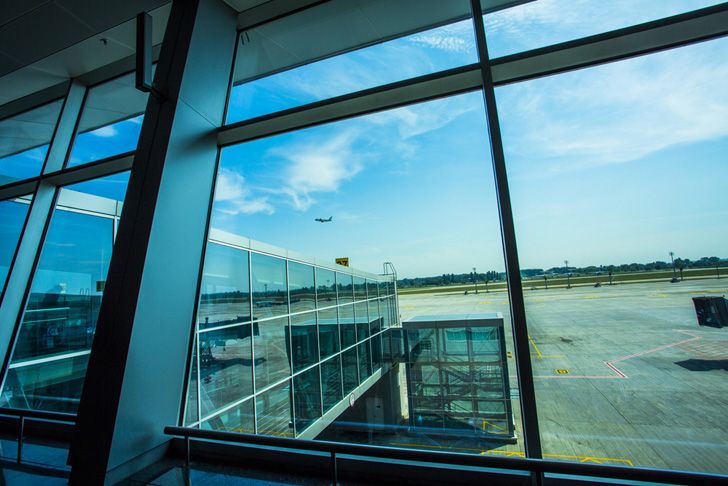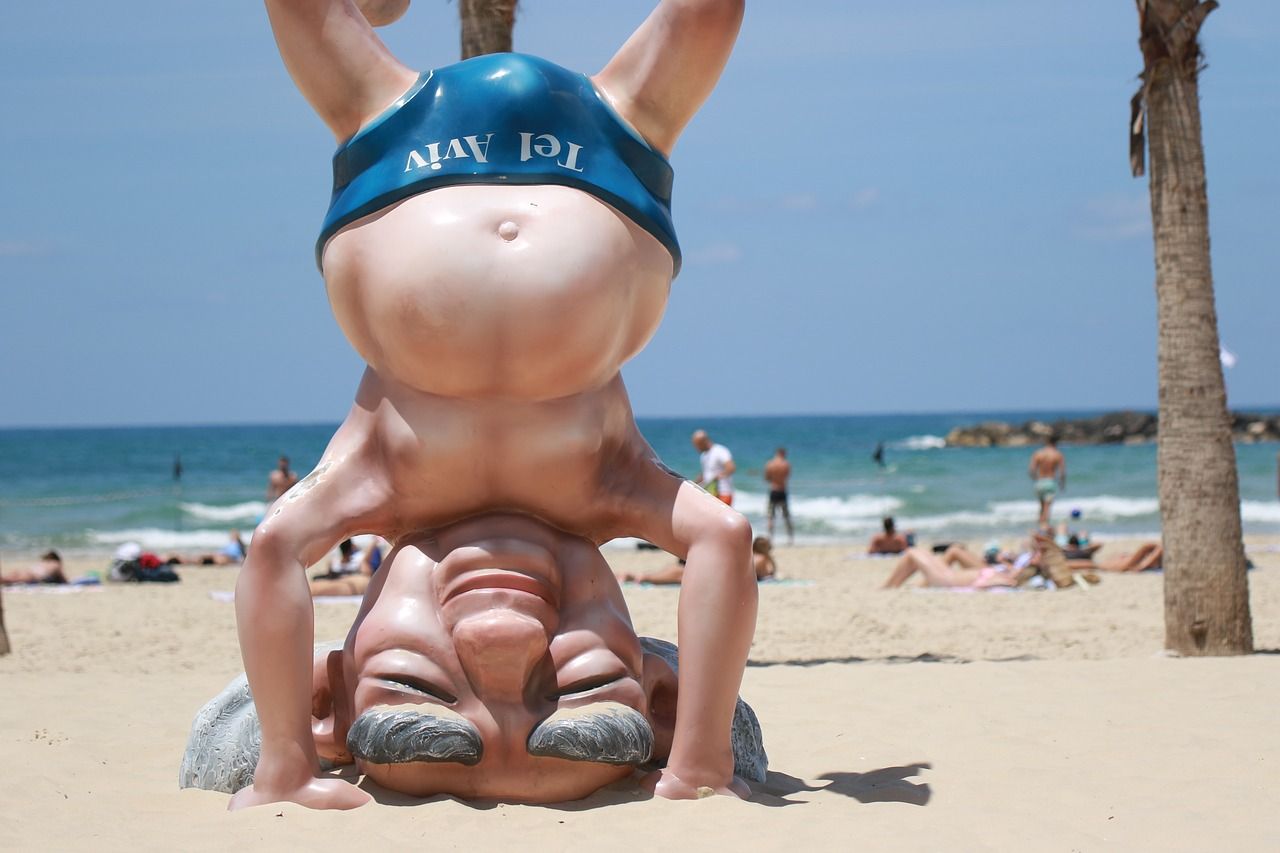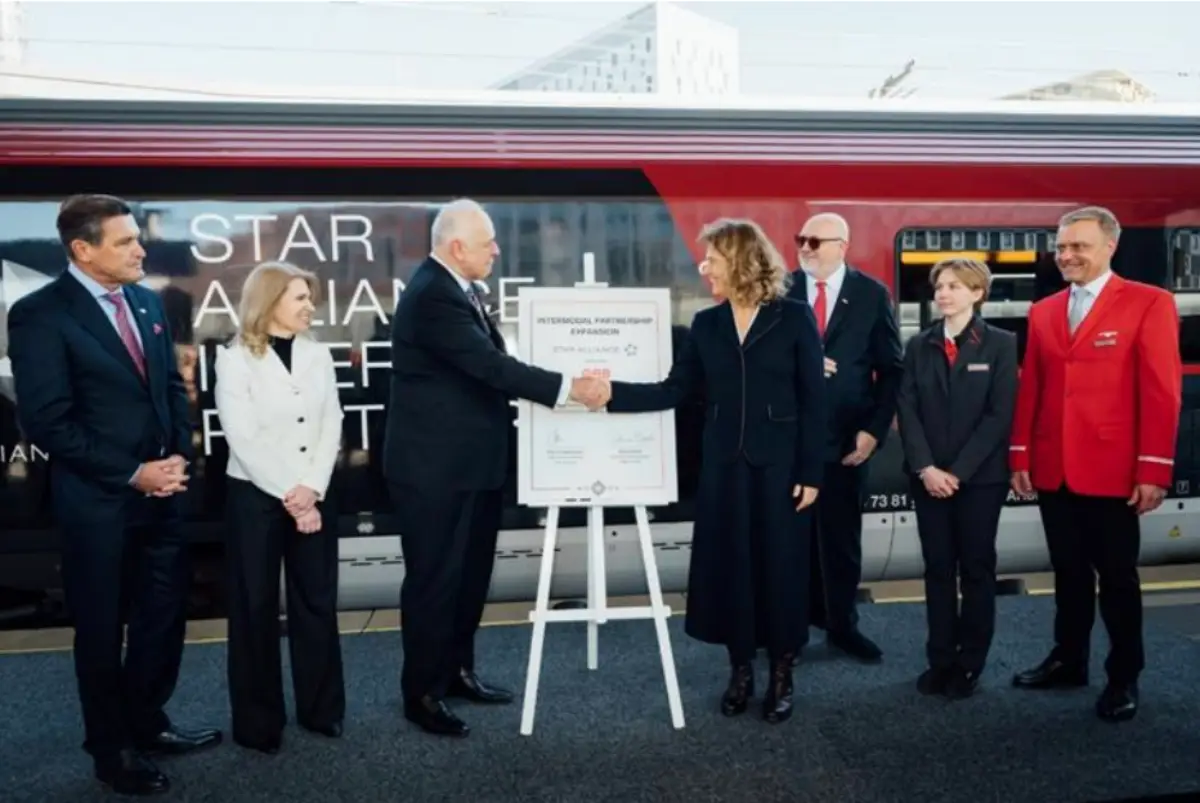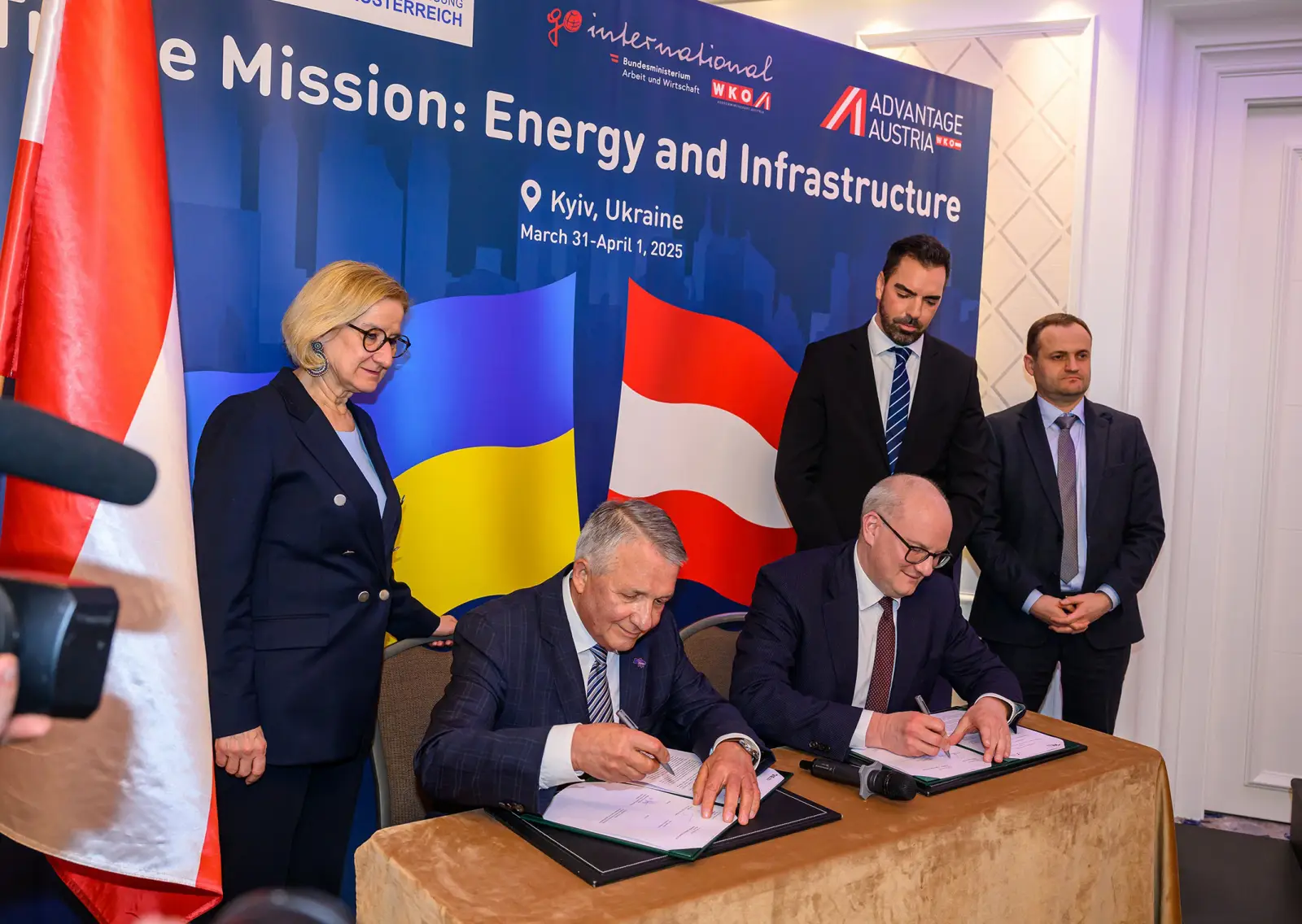On Tuesday 2 October, 48 airports in 13 countries will see simultaneous demonstrations as workers demand fair pay and conditions and airport safety and security.
Under the banner of Airport Workers United, workers are planning protests at airports which control 36% of global air travel and see nearly 4 million people pass through every day.
Aviation is an inherently international sector of the economy and, while national contexts vary, all airport workers are being exposed to the same global pressures. The liberalisation of global aviation has seen profits soar for the few at the top whereas pay and working conditions are eroded for the majority.
While airlines are projected to make 38.4 billion USD in profit globally during 2018, airport workers such as baggage handlers, ramp workers, caterers, cleaners, security officers and wheelchair attendants continue to endure poverty wages and challenging, unsafe working conditions.
In particular, outsourcing to irresponsible contractors is deteriorating conditions for airport workers across the globe. In contrast to a historically robust employment model, outsourcing is driving down wages, eliminating full-time jobs, intensifying work and threatening airport safety and security. Airlines, airports and governments have proven unwilling to challenge this aggressive cost-cutting exercise which has created a dangerous race to the bottom on standards.
However, airport workers are fighting for change. By building union power and raising standards of airport work, they are simultaneously helping to improve safety, security and service for passengers.
Tomorrow’s protests are being coordinated by the International Transport Workers’ Federation (ITF), UNI Global Union and their affiliate unions in each country. They will take place over the course of 2 October in different time-zones, in Argentina, Australia, Brazil, Canada, France, Germany, Indonesia, the Netherlands, Panama, Peru, South Korea, Thailand and the USA.
Stephen Cotton, ITF General Secretary, said: “The global airline industry is leading a race to the bottom that’s hurting communities across the globe. Airline companies keep coming up with new ways to drive down wages, cut benefits, and increase workloads. However, the world’s airport workers will be at every corner to fight these injustices. Our movement to win fair pay and union rights is catching on and spreading all over the world.”
Christy Hoffman, UNI Global Union General Secretary, said, “The struggles of the airport workers are a microcosm of what needs fixing in the global economy. Whether it’s the cleaners and security guards that UNI represents or crew and pilots represented by our sister global union, the story is the same: an irresponsible cost-cutting business model where the only winners are senior management and shareholders. We say today enough is enough.”
Erin van der Maas, ITF Airport Organising Programme Lead, said: “Workers have been pushed to the brink, as shown by the huge turnover rates at some airports. This business model is literally driving workers away when they cannot sustain themselves in a job that doesn’t provide a living wage or certainty over status and hours.”
“Some of the workers taking action are paid just 10 USD per day, engaged on a daily basis and have no job security or status in their work. Their bravery in standing up to their employers and the airlines that dictate this outsourcing misery is inspiring. They are determined to build the power and momentum to change their lives and their industry.”
Gabriel Mocho Rodriguez, ITF Civil Aviation Secretary, said: “Workers are standing up to a fundamentally unjust model. A key driver of workplace insecurity in airports is the irresponsibility of some airlines, who are cutting costs at the expense of people’s livelihoods.”
“As our current Ryanair campaign also demonstrates, there is no place for this sort of conduct in the aviation sector of the future. We want to see airlines that work in the interests of passengers and workers – both those directly employed by airlines and by firms dependent on them. Today’s worldwide actions send an important sign about the sustainable sector we want to build.”













